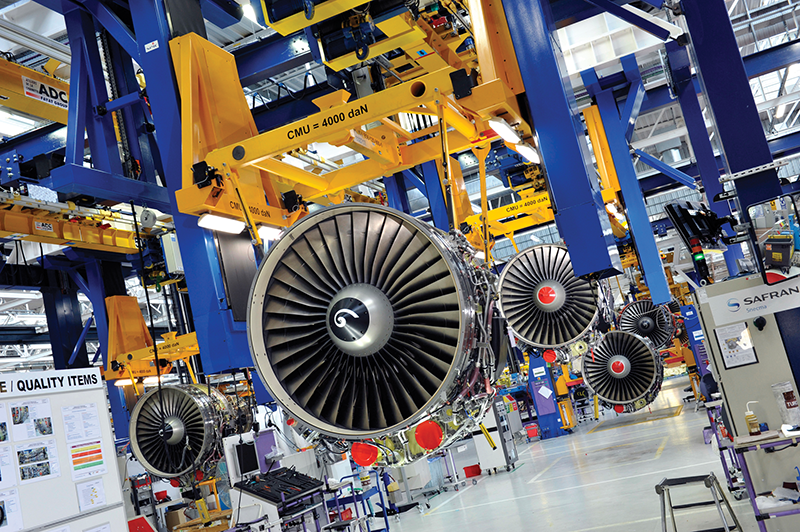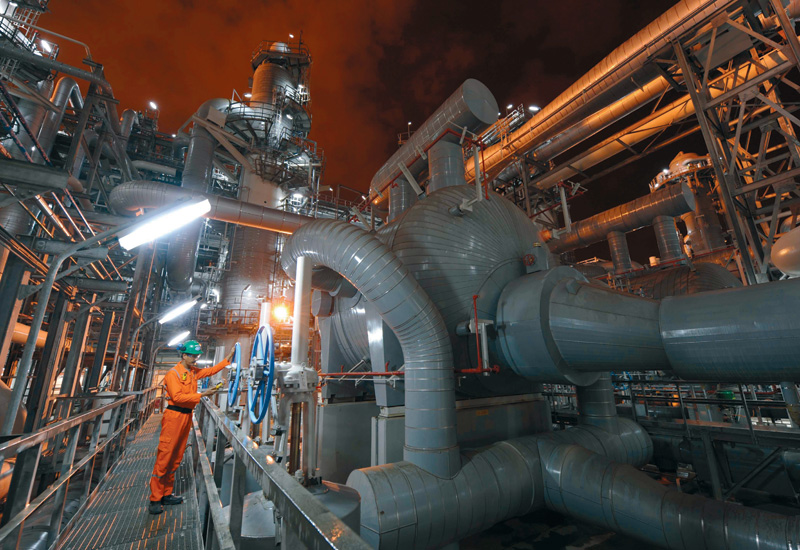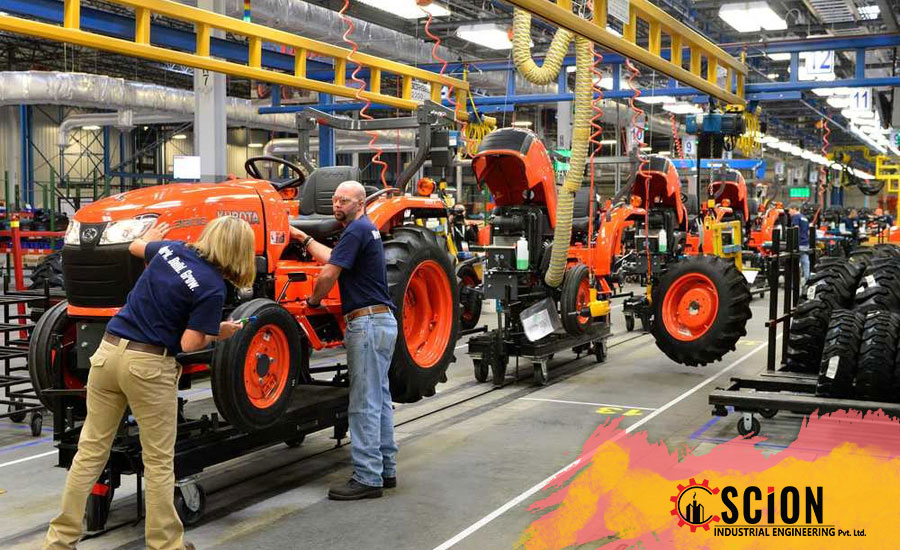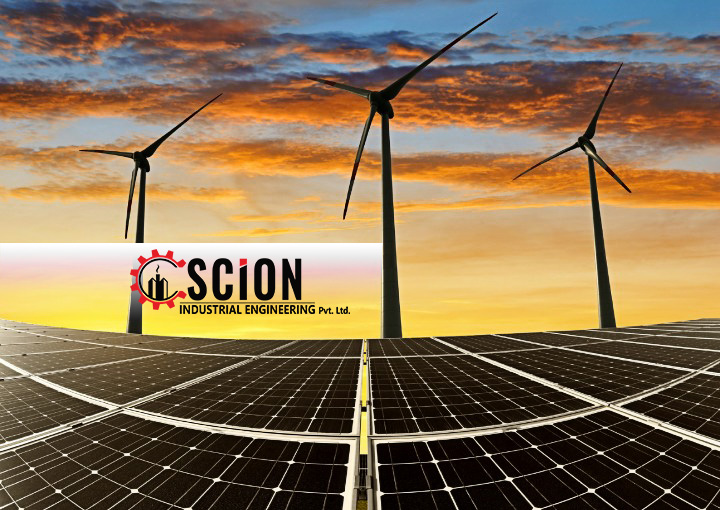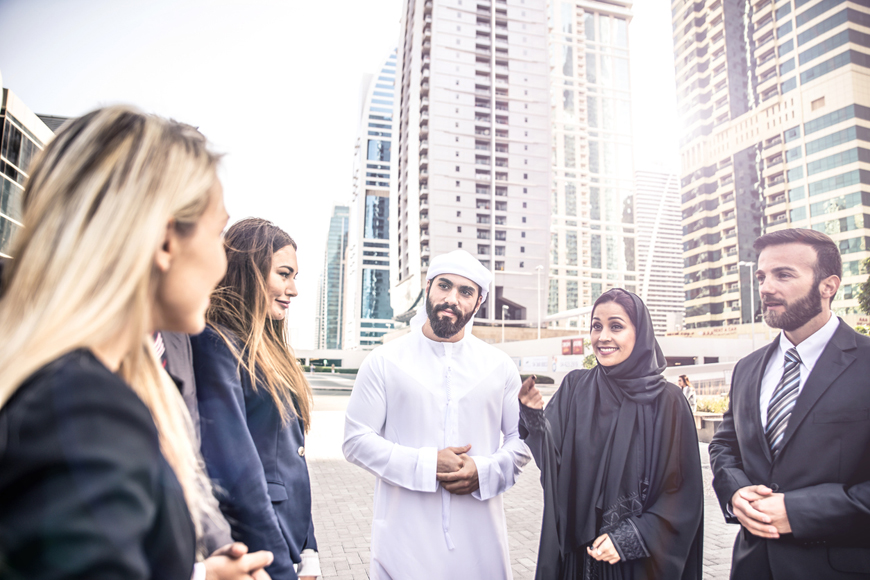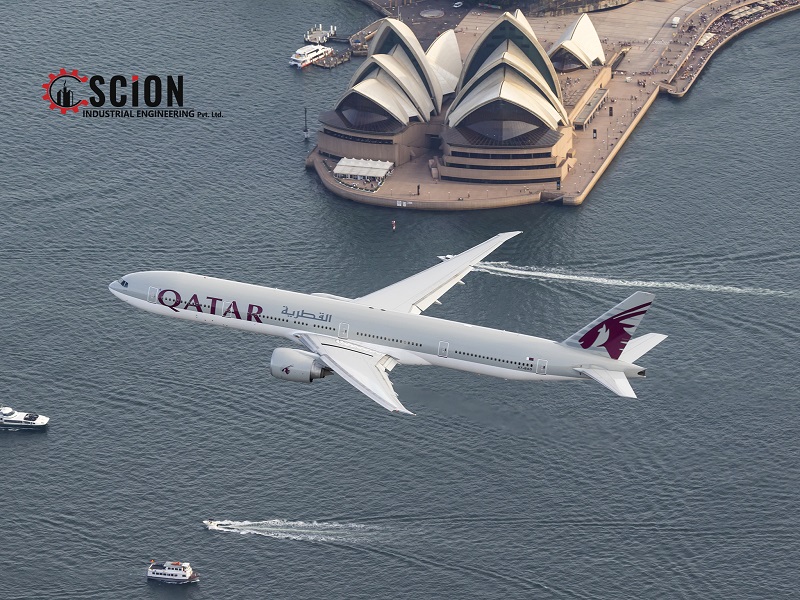A robust month-on-month double-digit jump – particularly in printing as well as in the production of food, beverages and cement – led Qatar’s manufacturing sector to expand in March 2021, according to the Planning and Statistics Authority (PSA).
The country’s Industrial Production Index (IPI) saw a 1.4% monthly increase this March despite the reintroduction of certain Covid-19 related restrictions. However, on a yearly basis, the index was down 0.1%.
“The month-on-month increase in industrial production is rather reflective of the rebound in the non-oil manufacturing activities, as the vaccination drive is on the full swing,” said a market analyst with a leading investment house.
The PSA introduced IPI, a short-term quantitative index that measures the changes in the volume of production of a selected basket of industrial products over a given period with respect to a base period 2013.
The mining and quarrying index, which has a relative weight of 83.6%, saw a 0.5% increase month-on-month owing to a 0.5% expansion in the extraction of crude petroleum and natural gas and 3.6% in other mining and quarrying sectors.
On a yearly basis, the index showed 0.3% jump owing to a 0.3% increase in the extraction of crude petroleum and natural gas and 12.5% in other mining and quarrying sectors.
The manufacturing index, with a relative weight of 15.2%, grew 4.5% on a monthly basis in March 2021 on a 23.8% surge in printing and reproduction of recorded media, 13.4% in the production of food products, 10.9% in beverages, 10.3% in cement and other non-metallic mineral products, 8.2% in chemicals and chemical products, 2.4% in basic metals and 0.7% in rubber and plastics products; even as there was a 11.6% decline in the production of refined petroleum products.
On a yearly basis, the manufacturing index shrank 1.4% in March this year owing to a 66.2% fall in printing and reproduction of recorded media, 23.9% in the production of refined petroleum products, 11.9% in beverages, 11.5% in food products and 0.9% in chemicals and chemical products.
However, there was a 28.1% surge in the production of cement and other non-metallic mineral products, 24.4% in basic metals and 12.5% in rubber and plastics products.
Electricity, which has 0.7% weight in the IPI basket, saw its index soar 41.4% and 9.1% on a monthly and yearly basis respectively this March.
In the case of water, which has a 0.5% weight, there was a 9.9% increase month-on-month but registered a 21% shrinkage year-on-year in March 2021.
Source:https://www.gulf-times.com/story/692515/Qatar-manufacturing-sector-remains-buoyant-in-Marc

